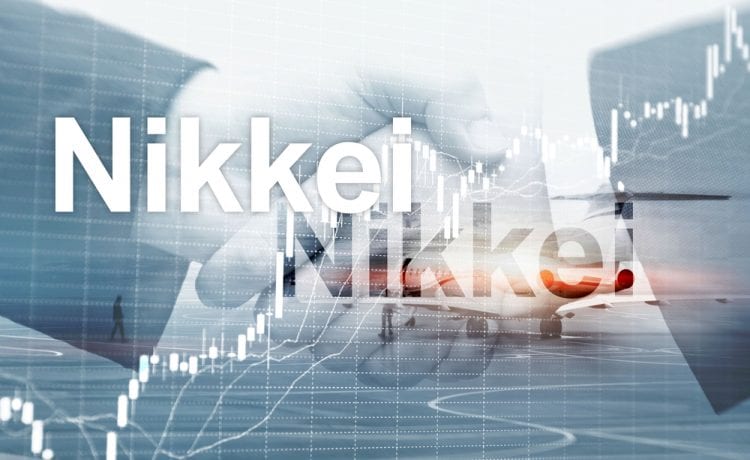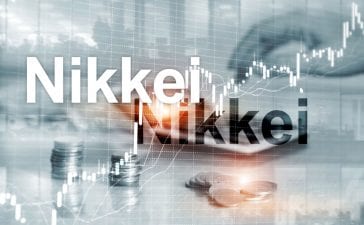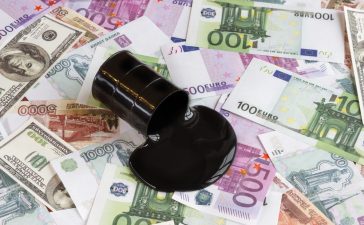The Nikkei share average fell 2.17% to 25,858.50, slipping below the 26,000 mark for the first time since May 13
Japan’s Nikkei braced on Friday for its biggest weekly drop in more than two years as markets fell for a fifth session in six, with investors awaiting a Bank of Japan policy decision after Swiss and UK rate hikes sent global markets lower overnight.
The Nikkei share average fell 2.17% to 25,858.50 by the midday break, slipping below the 26,000 mark for the first time since May 13. The index has lost almost 7% so far in the week in what would be its biggest drop since the week ended April 2020.
The broader Topix lost 2.03% to 1,829.94, shedding 5.8% so far in the week.
Depending on the outcome of the policy meeting and remarks by the BOJ governor, the stock market could swing in both ways, said a market participant with a domestic brokerage.
BOJ Governor Haruhiko Kuroda and his colleagues will conclude a two-day policy meeting later in the day. The central bank chief has repeatedly stressed the need to keep interest rates ultra-loose, and that the bank won’t target exchange-rates in guiding policy.
U.S. stocks closed sharply lower overnight in a broad sell-off, as recession fears grew following moves by central banks around the globe to stamp out rising inflation after the U.S. Federal Reserve’s largest rate hike since 1994.
In Japan, technology heavyweights led losses on the Nikkei, with chip-making equipment maker Tokyo Electron shedding 5.63% and chip-testing equipment maker Advantest losing 4.75%. Technology investor SoftBank Group fell 4.14%.
Car and parts makers lost 3.37% as the yen regained its strength against the dollar.
Toyota Motor and Honda Motor fell 3.5% and 3.49%, respectively. Parts maker Denso slipped 4.4%. There were 25 advancers on the Nikkei index against 199 decliners.





